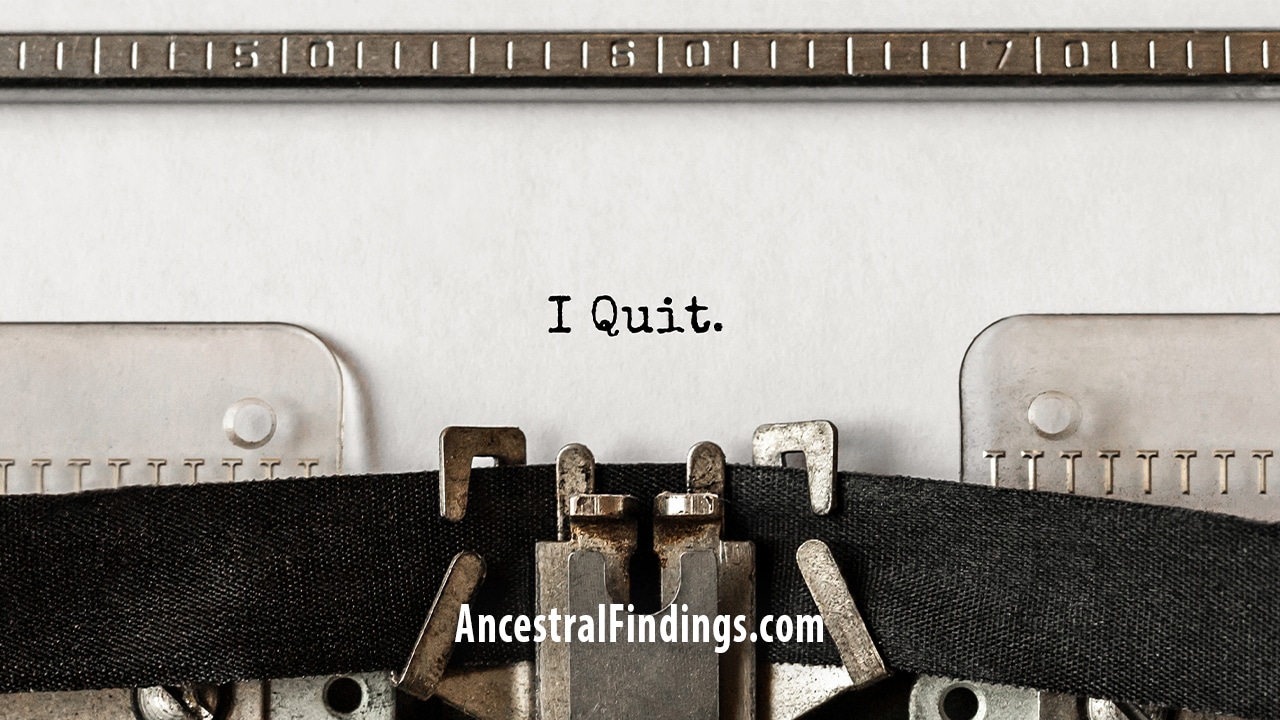Sometimes, the genealogical records you need are sealed, either by court order or state statutes. For example, some states require certain records to be sealed for a certain period of time before becoming public. It is not uncommon for birth records to be sealed to the public for a certain number of decades before becoming available for genealogical research in most states; in these cases, the only people who can easily get the records are the person named on the birth record or that person’s parents. However, just because the records are sealed doesn’t mean you can’t get them. Here are some techniques for getting your hands on sealed records you need for your genealogy research.
With birth records, you will need permission from the person named on the record or their immediate heirs to get a copy of it while it is still sealed under state law. The easiest way is to simply get the person named on the record to order a copy of it for you themselves, or make a copy of their own copy for you. If the person on the record is no longer alive, such as with the birth record of a child who died or an elderly person whose record is still sealed under state law, it gets a bit trickier, but can still be done. You have to get that person’s immediate heirs to sign a legal affidavit giving you permission to obtain the record and submit this, usually notarized and with proof of the relationship of the heirs to the person named on the record, to your state’s department of vital statistics. Heirs are the people who are living who are most closely related to the person on the record, such as parents, siblings, children, and grandchildren.
Most places make marriage and divorce records public either immediately (such as in Florida), or after a short amount of time, usually just a few decades or less. They are relatively easy to get. However, a few states have much more restrictive laws regarding these records. New York is an excellent example. Divorce records in New York are sealed for 100 years under public law. You can only get them if you are one of the two parties named in the divorce, or if you get a court order from a judge. It doesn’t matter if you are a child of the people named in the divorce and they are both deceased. You still have to get a court order.
The best way to get the court order is to present a judge in the county where the divorce took place with a good reason as to why you need the record. It could be to fill in some missing information in your family tree, to determine the reasons for the divorce, or discover the true parentage of one of the couple’s children. It will be easier for you to get the record if you are a child of the couple. Of course, if one or both of the parties to the divorce is still alive, you can get a copy of the records from them.
With any other genealogical record that is sealed for the purposes of state law, these two strategies are always the best. Either get direct heirs to give you legal permission to get the record, or go before a judge with a good reason why you need the record and obtain a court order to open the record up to you. If you are persistent and determined enough to get a record, your chances of getting it are high.






